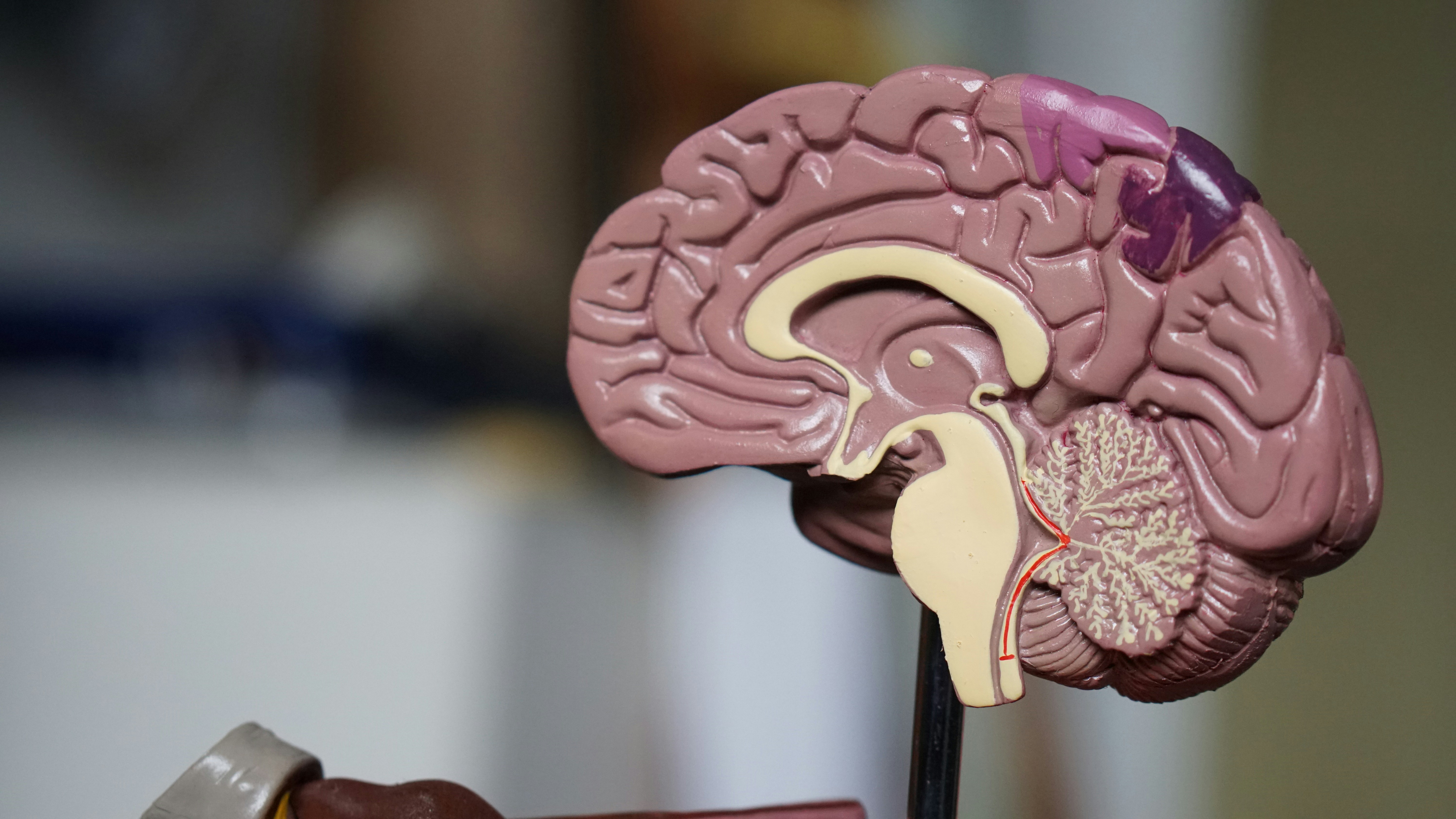Expert Reaction
These comments have been collated by the Science Media Centre to provide a variety of expert perspectives on this issue. Feel free to use these quotes in your stories. Views expressed are the personal opinions of the experts named. They do not represent the views of the SMC or any other organisation unless specifically stated.
Dr Susannah Tye is an Associate Professor in the Queensland Brain Institute at The University of Queensland
This study adds to growing evidence that individuals with psychiatric conditions may face an elevated risk of neurodegenerative diseases such as ALS. However, the implication that psychiatric medications themselves contribute to this risk should be interpreted with caution. Psychiatric disorders are associated with chronic stress, systemic inflammation, and metabolic dysfunction. These biological disturbances are increasingly implicated in ALS pathophysiology and may interact with genetic and environmental factors to increase susceptibility. Given the study's limited adjustment for psychiatric diagnoses, it is premature to conclude that medications are the causal driver of risk. In fact, effective mental health care, including the use of psychiatric medications, can offer neuroprotective benefits by alleviating the physiological burden of chronic stress. When combined with psychological support and lifestyle interventions, treatment for psychiatric illness can help protect against chronic stress, systemic inflammation, and metabolic dysfunction that might otherwise heighten vulnerability to neurodegeneration. Understanding how we can best improve psychiatric treatment outcomes and simultaneously reduce the risk of neurodegeneration is a critical and ongoing area of research.
As someone who studies how stress and inflammation affect the brain and response to antidepressants, I’m not surprised that psychiatric illness may signal early vulnerability to conditions like ALS. What’s often overlooked is that psychiatric symptoms reflect real biological changes and not just 'mental' distress. Psychiatric disorders are associated with chronic stress, systemic inflammation, and metabolic dysfunction, which are increasingly linked to neurodegeneration. This study adds to that picture but doesn’t prove that medications cause the risk. In fact, with appropriate use, psychiatric treatments may help protect the brain by reducing the biological burden of stress. Instead of immediately signalling an alarm about the use of psychiatric medications, the data in this study further underscore the need for early, integrated care that treats brain health as essential to mental health. Understanding how to do that well is one of the most important challenges we face in both addressing the current mental health crisis and also preventing neurodegenerative disease.
Dr Bryce Vissel is a Professor in the School of Clinical Medicine at UNSW and Director of the Centre for Neuroscience and Regenerative Medicine at St Vincent's Hospital Sydney
Depression and anxiety are common conditions, while ALS is rare.
Psychiatric disorders such as depression and anxiety are not unusual in people who are later diagnosed with MND or ALS. But because these mental health issues are so common — and ALS is so rare — having depression or anxiety does not mean you are likely to develop ALS.
It’s far more likely that your symptoms are just what they seem. They should be treated for what they are, not feared as signs of something more serious — which is very uncommon.
We should treat depression and anxiety as depression and as anxiety — not as a warning sign for ALS in most people.
This study does not suggest the treatments cause ALS. Rather, it’s possible that early psychiatric symptoms — such as depression — are part of the disease itself. We call this a ‘prodrome’. That’s very different.
Professor Anthony Hannan is Group Head of the Epigenetics and Neural Plasticity Group at the Florey Institute of Neuroscience and Mental Health
This new research article in JAMA Network Open adds to the evidence linking some psychiatric conditions to ALS, the most common form of motor neuron disease (MND). It should be noted that this study only addresses correlation, not causation (‘cause and effect’).
Considering that that the psychiatric medications linked to MND have very diverse pharmacology (and mechanisms of action) it is extremely unlikely that each of these medications directly contribute to risk of MND.
What is more likely is that the findings reflect associations between psychiatric symptoms and risk of MND (independent of medication). This is consistent with previous studies, including those involving genetics, which link MND to frontotemporal dementia, a neurodegenerative disease where psychiatric symptoms are often prominent. It should be noted that the present study only involved 1057 ALS/MND patients (and a larger number of control subjects) in Sweden from 2015-2023.
It will be important to follow up these findings with larger studies internationally, which also have comprehensive genetic profiling and other biomarkers (for both neurological and psychiatric disorders). Such future studies could inform new approaches to delay onset of, and treat MND, and its associated neurological (and sometimes psychiatric) symptoms. Considering that this devastating disorder is currently incurable, and usually kills patients within a few years of diagnosis, any new approaches to help sufferers and their families are urgently needed.



 Australia; International; VIC
Australia; International; VIC



